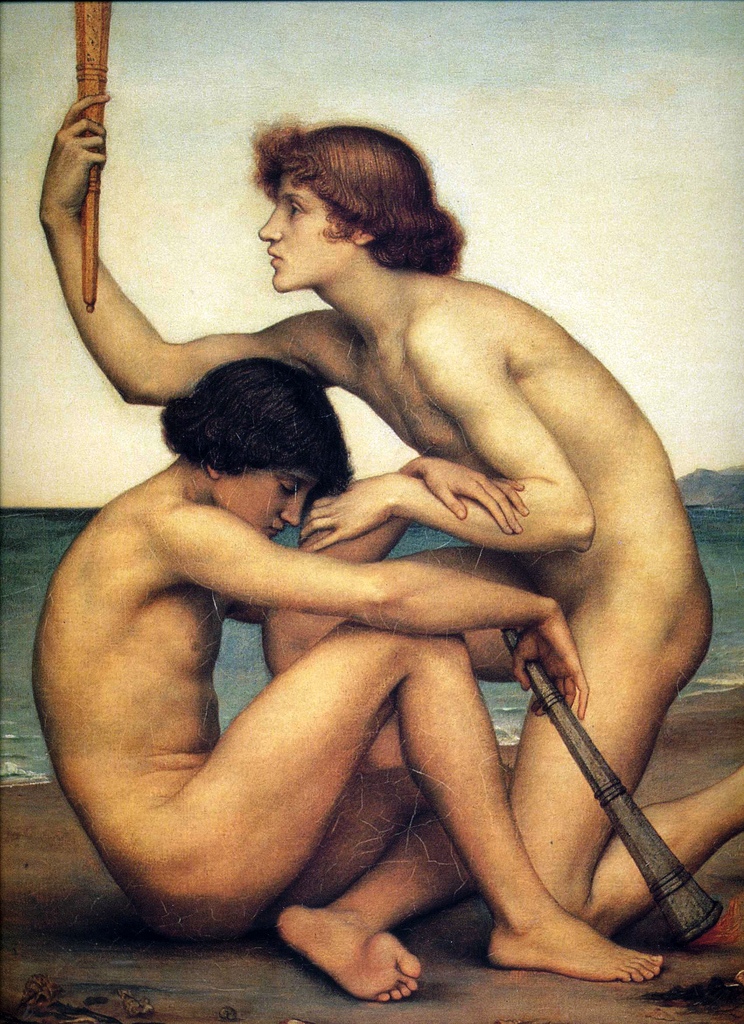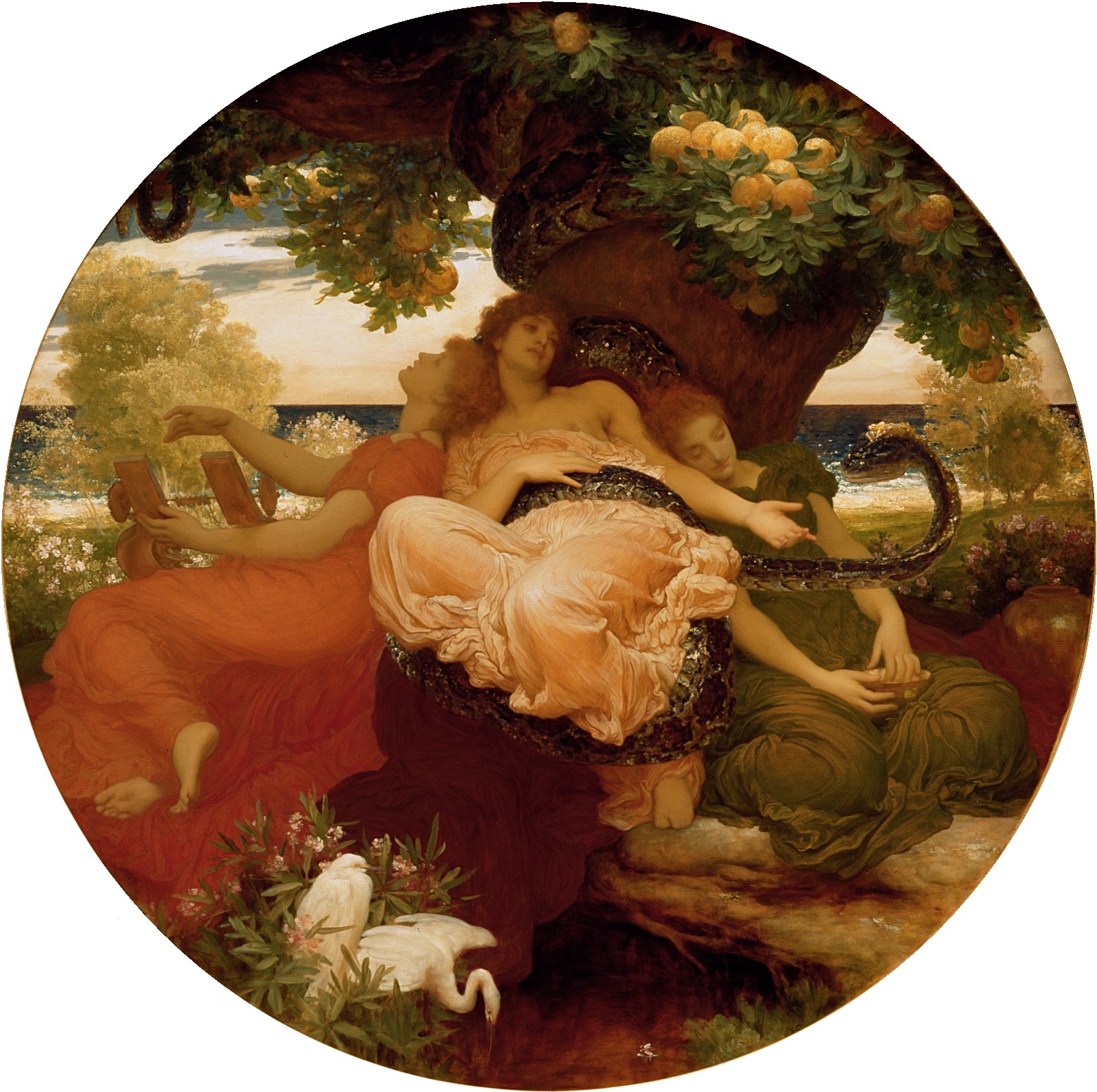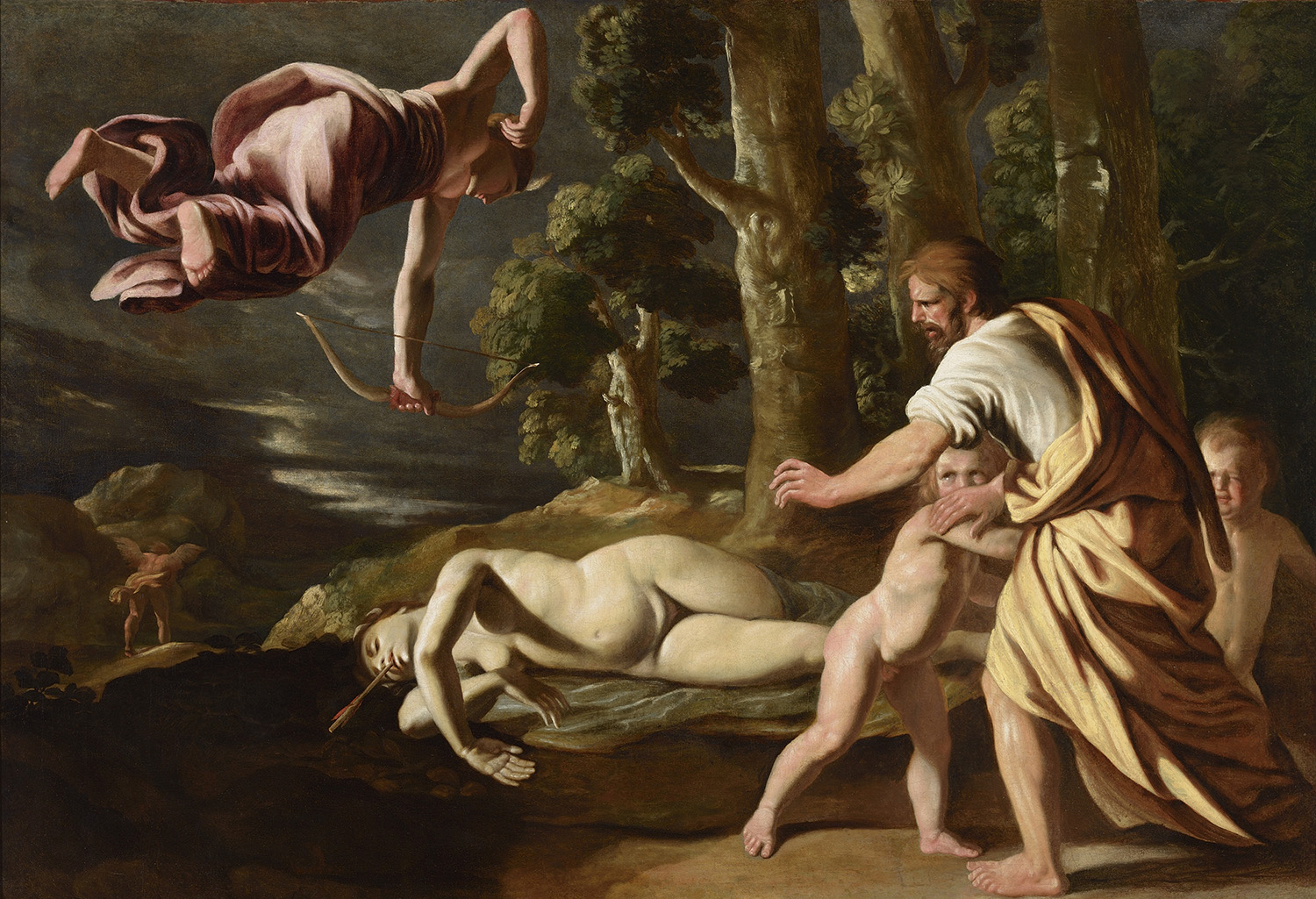|
Eosphorus
Phosphorus () is one of the ''Astra Planeta'', specifically the god of the planet Venus in its appearance as the Morning Star. Another Greek name for the Morning Star is "Eosphorus" ( grc, Ἑωσφόρος, Heōsphoros, link=no), which means "dawn-bringer". The term "eosphorus" is sometimes met in English. As an adjective, the word "phosphorus" is applied in the sense of "light-bringing" (for instance, the dawn, the god Dionysus, pine torches and the day) and "torch-bearing" as an epithet of several gods and goddesses, especially of Hecate but also of Artemis/ Diana and Hephaestus. Seasonally, Venus is the "light bringer" in the northern hemisphere, appearing most brightly in December (an optical illusion due to shorter days), signalling the "rebirth" of longer days as winter wanes. Venus The morning star is an appearance of the planet Venus, an inferior planet, meaning that its orbit lies between that of the Earth and the Sun. Depending on the orbital locations of both Venus ... [...More Info...] [...Related Items...] OR: [Wikipedia] [Google] [Baidu] |
Hesperus
In Greek mythology, Hesperus (; grc, Ἕσπερος, Hésperos) is the Evening Star, the planet Venus in the evening. He is one of the ''Astra Planeta''. A son of the dawn goddess Eos (Roman Aurora), he is the half-brother of her other son, Phosphorus (also called Eosphorus; the "Morning Star"). Hesperus' Roman equivalent is Vesper (cf. "evening", "supper", "evening star", "west"). By one account, Hesperus' father was Cephalus, a mortal, while Phosphorus was the star god Astraios. Other sources, however, state that Hesperus was the brother of Atlas, and thus the son of Iapetus. Variant names Hesperus is the personification of the "evening star", the planet Venus in the evening. His name is sometimes conflated with the names for his brother, the personification of the planet as the "morning star" Eosphorus (Greek , "bearer of dawn") or Phosphorus (Ancient Greek: , "bearer of light", often translated as "Lucifer" in Latin), since they are all personifications of the same plan ... [...More Info...] [...Related Items...] OR: [Wikipedia] [Google] [Baidu] |
Lucifer (the Morning Star)
Lucifer is one of various figures in folklore associated with the planet Venus. The entity's name was subsequently absorbed into Christianity as a name for the devil. Modern scholarship generally translates the term in the relevant Bible passage ( Isaiah 14:12), where the Greek Septuagint reads ὁ ἑωσφόρος ὁ πρωὶ, as "morning star" or "shining one" rather than as a proper noun, Lucifer, as found in the Latin Vulgate. As a name for the Devil in Christian theology, the more common meaning in English, "Lucifer" is the rendering of the Hebrew word he, הֵילֵל, hêlēl, label=none, (pronunciation: ''hay-lale'') in Isaiah given in the King James Version of the Bible. The translators of this version took the word from the Latin Vulgate, Originally published New York: The MacMillan Co., 1923. which translated by the Latin word (uncapitalized), meaning "the morning star", "the planet Venus", or, as an adjective, "light-bringing". As a name for the planet in its m ... [...More Info...] [...Related Items...] OR: [Wikipedia] [Google] [Baidu] |
Astra Planeta
In Greco-Roman Classical Mythology, the Astra Planeta (Ancient Greek: (Astra Planêta); lit. " Wandering Stars", "Planets" (their Roman name is the ''Stellae Errantae'')) are brothers, and are five of Eos' and Astraeus' children--along with the ''Anemoi'' and ''Astraea''--personifying the Classical planets (minus the Sun and the Moon (Eos' siblings), and the Earth (Gaia)); Uranus, Neptune and Pluto are not included, as they are invisible to the naked eye and were thus unknown to the ancient Hellenic peoples. The ''Astra Planeta''s names are: # ''Phainon'' (Ancient Greek: (Phainôn); lit. "Shining" (phainô)); the personification of the planet Saturn. Associated with the god, '' Kronus''/''Saturn'' (''Kronion''). # ''Phaethon'' (Ancient Greek: (Phaethôn); lit. "Blazing", "Shining" (phaethô)); the personification of the planet Jupiter. Associated with the god, ''Zeus/Jupiter/Jove'' (''Dios''). ''Phaethon'' also shares a similar name with ''Phaethon'', the son of ''He ... [...More Info...] [...Related Items...] OR: [Wikipedia] [Google] [Baidu] |
Hesperides
In Greek mythology, the Hesperides (; , ) are the nymphs of evening and golden light of sunsets, who were the "Daughters of the Evening" or "Nymphs of the West". They were also called the Atlantides () from their reputed father, the Titan Atlas.Diodorus Siculus. ''Library4.27.2' Etymology The name means ''originating from Hesperos'' (evening). ''Hesperos'', or ''Vesper'' in Latin, is the origin of the name Hesperus, the evening star (i.e. the planet Venus) as well as having a shared root with the English word "west". Mythology The nymphs of the evening Ordinarily, the Hesperides number three, like the other Greek triads (the Three Graces and the Three Fates). "Since the Hesperides themselves are mere symbols of the gifts the apples embody, they cannot be actors in a human drama. Their abstract, interchangeable names are a symptom of their impersonality", classicist Evelyn Byrd Harrison has observed. They are sometimes portrayed as the evening daughters of Night ( Nyx) ... [...More Info...] [...Related Items...] OR: [Wikipedia] [Google] [Baidu] |
Maurus Servius Honoratus
Servius was a late fourth-century and early fifth-century grammarian. He earned a contemporary reputation as the most learned man of his generation in Italy; he authored a set of commentaries on the works of Virgil. These works, ''In tria Virgilii Opera Expositio'', constituted the first incunable to be printed at Florence, by Bernardo Cennini, in 1471. In the ''Saturnalia'' of Macrobius, Servius appears as one of the interlocutors; allusions in that work and a letter from Symmachus to Servius indicate that he was not a convert to Christianity. Commentary on Virgil The commentary on Virgil ( la, In Vergilii Aeneidem commentarii) survives in two distinct manuscript traditions. The first is a comparatively short commentary, attributed to Servius in the superscription in the manuscripts and by other internal evidence. The second class derive from the 10th and 11th centuries, embed the same text in a much expanded commentary. The copious additions are in contrasting style t ... [...More Info...] [...Related Items...] OR: [Wikipedia] [Google] [Baidu] |
Bibliotheca (Pseudo-Apollodorus)
The ''Bibliotheca'' (Ancient Greek: grc, Βιβλιοθήκη, lit=Library, translit=Bibliothēkē, label=none), also known as the ''Bibliotheca'' of Pseudo-Apollodorus, is a compendium of Greek myths and heroic legends, arranged in three books, generally dated to the first or second century AD. The author was traditionally thought to be Apollodorus of Athens, but that attribution is now regarded as false, and so "Pseudo-" was added to Apollodorus. The ''Bibliotheca'' has been called "the most valuable mythographical work that has come down from ancient times." An epigram recorded by the important intellectual Patriarch Photius I of Constantinople expressed its purpose:Victim of its own suggestions, the epigraph, ironically, does not survive in the manuscripts. For the classic examples of epitomes and encyclopedias substituting in Christian hands for the literature of Classical Antiquity itself, see Isidore of Seville's ''Etymologiae'' and Martianus Capella. It has the follo ... [...More Info...] [...Related Items...] OR: [Wikipedia] [Google] [Baidu] |
Metamorphoses
The ''Metamorphoses'' ( la, Metamorphōsēs, from grc, μεταμορφώσεις: "Transformations") is a Latin narrative poem from 8 CE by the Roman poet Ovid. It is considered his ''magnum opus''. The poem chronicles the history of the world from its creation to the deification of Julius Caesar in a mythico-historical framework comprising over 250 myths, 15 books, and 11,995 lines. Although it meets some of the criteria for an epic, the poem defies simple genre classification because of its varying themes and tones. Ovid took inspiration from the genre of metamorphosis poetry and some of the ''Metamorphoses'' derives from earlier treatment of the same myths; however, he diverged significantly from all of his models. One of the most influential works in Western culture, the ''Metamorphoses'' has inspired such authors as Dante Alighieri, Giovanni Boccaccio, Geoffrey Chaucer, and William Shakespeare. Numerous episodes from the poem have been depicted in works of sculpture, ... [...More Info...] [...Related Items...] OR: [Wikipedia] [Google] [Baidu] |
Daedalion
In Greek mythology, Daedalion was a son of Hesperos, or Lucifer, and the brother of Ceyx. Ceyx describes his brother Daedalion as a great warrior, full of courage and vigour but acknowledged that he could also be harsh, relishing the cruelty of war. The story of Daedalion's life is told mainly in Ovid, Ovid's ''Metamorphoses'' though passing references can be found in other classical works. It is possible the story may have originated with Boios. In the tale Daedalion, grief-stricken following the death of his daughter Chione (Greek myth), Chione, attempts to cast himself off Mount Parnassus only to be transformed into a hawk by Apollo. Mythology Beautiful daughter Daedalion's daughter Chione was said to be so beautiful that she was the object of a thousand men's desire. As it transpired Chione's admirers were not limited to mortal men. Whilst returning from visits to earth both Apollo and Hermes caught sight of Chione and were filled with a burning lust. Apollo decided to wai ... [...More Info...] [...Related Items...] OR: [Wikipedia] [Google] [Baidu] |
Ovid
Pūblius Ovidius Nāsō (; 20 March 43 BC – 17/18 AD), known in English as Ovid ( ), was a Roman poet who lived during the reign of Augustus. He was a contemporary of the older Virgil and Horace, with whom he is often ranked as one of the three canonical poets of Latin literature. The Imperial scholar Quintilian considered him the last of the Latin love elegists.Quint. ''Inst.'' 10.1.93 Although Ovid enjoyed enormous popularity during his lifetime, the emperor Augustus banished him to Tomis, a Dacian province on the Black Sea, where he remained a decade until his death. Overview A contemporary of the older poets Virgil and Horace, Ovid was the first major Roman poet to begin his career during Augustus's reign. Collectively, they are considered the three canonical poets of Latin literature. The Imperial scholar Quintilian described Ovid as the last of the Latin love elegists.Quint. ''Inst.'' 10.1.93 He enjoyed enormous popularity during his lifetime, but the emperor Augus ... [...More Info...] [...Related Items...] OR: [Wikipedia] [Google] [Baidu] |
Atlas (mythology)
In Greek mythology, Atlas (; grc-gre, Ἄτλας, ''Átlas'') is a Titan condemned to hold up the heavens or sky for eternity after the Titanomachy. Atlas also plays a role in the myths of two of the greatest Greek heroes: Heracles (Hercules in Roman mythology) and Perseus. According to the ancient Greek poet Hesiod, Atlas stood at the ends of the earth in extreme west. Later, he became commonly identified with the Atlas Mountains in northwest Africa and was said to be the first King of Mauretania. Atlas was said to have been skilled in philosophy, mathematics, and astronomy. In antiquity, he was credited with inventing the first celestial sphere. In some texts, he is even credited with the invention of astronomy itself. Atlas was the son of the Titan Iapetus and the Oceanid Asia or Clymene. He was a brother of Epimetheus and Prometheus. He had many children, mostly daughters, the Hesperides, the Hyades, the Pleiades, and the nymph Calypso who lived on the island Ogyg ... [...More Info...] [...Related Items...] OR: [Wikipedia] [Google] [Baidu] |








